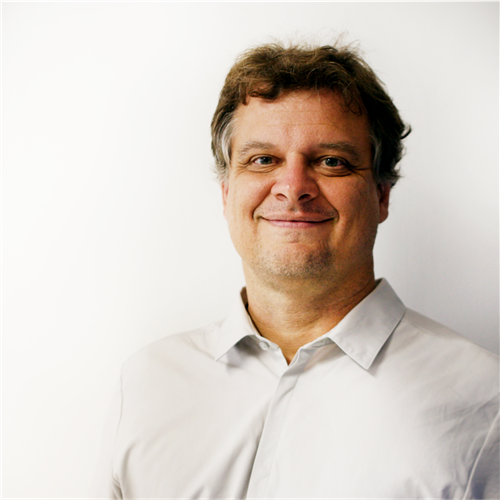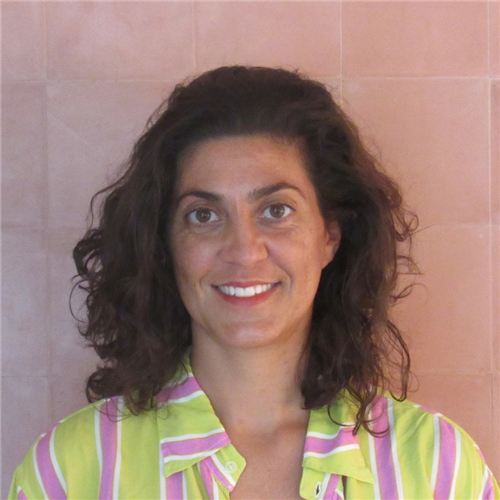CONFERENCE
Back to program
07-06-2024
14:00 - 15:00
Forest City: Building Sustainable and Democratic Cities Connected with Nature
Arts&Crafts Awareness Saúde e bem-estar Sustentabilidade Diversidade e Inclusão Arquitetura e Urbanismo Impacto Social
In the face of the climate crisis, rethinking cities is an urgent task. Large cities are voracious consumers of resources and major producers of waste, pollution and exclusion. Rethinking this large urban agglomeration from the perspective of the forest means learning how to be a forest from the Atlantic Forest, from local community experiences and from Afro-Amerindian sensibilities. Human habitation, rather than destruction, can participate in a web of collaborative life between different species and contribute to a cyclical economy that produces life with existential and poetic diversity. This perspective questions the hegemonic practices of planning, designing and building environments. The forest and the city can stop being antagonistic ideas and start establishing healing relationships in human settlements. How can we weave cooperative and regenerative worlds in big cities? How can we speculate on other imaginings of the future of human dwelling, considering that it is ancestral?
Speakers

Fabio Scarano | Palestrante
Fabio is Curator at the Museum of Tomorrow (Rio de Janeiro, Brazil), where he also holds a Unesco Chair on Futures Literacy. He is Professor of Ecology at the Federal University of Rio de Janeiro and has been a Visiting Professor at the Universities of Minnesota (US) and Darmstadt (Germany). He has served the UN scientific panels on climate change (IPCC) and biodiversity (IPBES), and held lead executive roles at the Botanical Gardens of Rio de Janeiro, Conservation International and Brazilian Foundation for Sustainable Development. He received two prestigious Brazilian literature prizes in the field of natural sciences, and also served as jury, reviewer and curator of environmental film festivals.

Iazana Guizzo | Palestrante
Iazana Guizzo is the coordinator of the extension, research and teaching project Floresta Cidade (Forest City) and a professor at the Faculty of Architecture and Urbanism at UFRJ. She has a degree in architecture, urbanism and contemporary dance. She has a Master's degree in Psychology and a PhD in Urban Planning. She is the author of the book "Reactivating Territories: the body and affection in participatory design" and the participatory and affective design method Terceira Margem. @iazanaguizzo

Luiz Guilherme Vergara | Palestrante
Prof. PhD. Associate. Arts (UFF). Postgraduate Program in Contemporary Studies of Art; research line: Place-Politics and Institutionality. Coordinator of the Bachelor of Arts Course at UFF (2019 - ). Co-Editor Mesa Magazine (www.institutomesa.org). General Curator/director of the Museum of Contemporary Art of Niterói (MAC) from 2005-2008 and 2013-2016. Master's degree in Studio Art and Environment at New York University (1993) and PhD in Art and Education from New York University (2006) Co-Editor Revista Mesa (www.institutomesa.org). Research Group: Contemporary Ynterfluxes of arts-community-nature - CNPq. Epistemologies of post-colonial synthesis: eco-ethical-aesthetic; art-science-spirituality.








